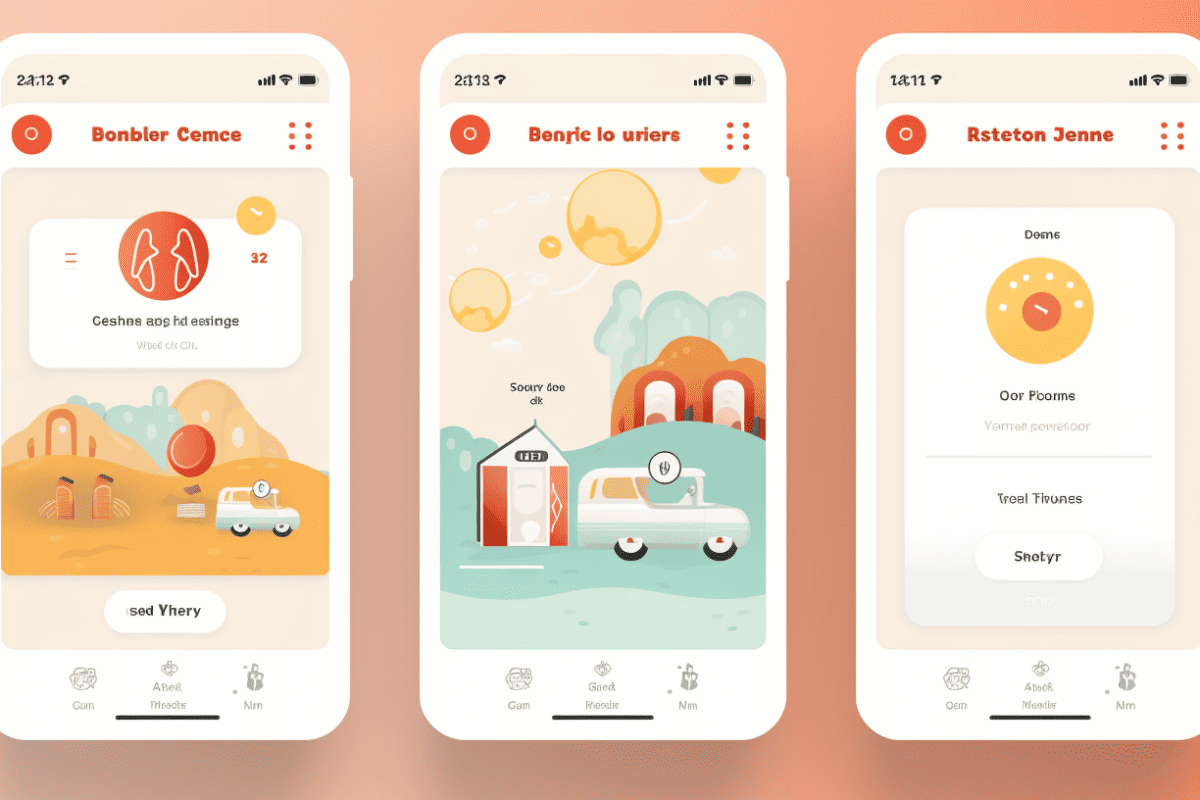Healthcare apps can help users take control of their mental and physical well-being by monitoring vital signs, exercise, food and water consumption, and even sleep and meditation patterns. If you are wondering how to build a medical app, keep reading. We’ll take a look at how to build a healthcare app in greater detail (follow this link to find an article describing a similar experience of Topflight Apps).
What are healthcare apps?
You can build healthcare applications with different levels of complexity. According to the FDA, a health app is a piece of mobile software that diagnoses, tracks, and treats disease. Wellness apps, on the other hand, enhance or track the overall health of the user, including various mental and physical factors related to their well-being. Some healthcare apps aren’t directly related to physical well-being, including doctor appointment apps, medical record apps, database apps, and even telemedicine apps that enable virtual appointments. Some apps require rigorous testing or even regulatory approval, so bear this in mind when you design your own healthcare app.
How to build a medical app
Before we can tell you how to create a health app, we have to decide what kind of app you are building. Do you want to build an app used in actual medical diagnosis or treatment? An app that facilitates appointments or other administrative tasks in a hospital or doctor’s room? Or an app that doesn’t involve doctors at all, e.g., a fitness app.
Building a health app isn’t as straightforward as you might think, and the path may vary dramatically for every product, but here’s a general guide:
1. Do market research
Start by studying your competitors, the market, the niche you’d like to enter, and how you can differentiate. You want to create a medical app that offers something new. Do your user research as well to make sure you know what the end user of your product really needs from an app like yours. You can do this through surveys or focus groups or by A/B testing different dummy landing pages. The goal is to hone in on the pain points of your audience.
2. Choose the app type
The type of app you’ll build will affect the database, functionality, and app goal. Decide upfront what kind of app you need, what kind of device it should run on, how it will work, and what you want it to do. This stage will also guide the type of developers you’ll need. Your app might require a high level of security, the use of AI to analyze patterns or compatibility with smart devices and monitors – all of which require different skill sets.
3. Create the design
Your designers will create a consistent and user-friendly prototype for you. It’s essential to work with UX designers to create a framework that will form the basis of your app and a positive experience for users.
4. Make sure it’s compliant
Healthcare apps must comply with the relevant regulations. In the US, your app has to comply with HIPAA regulations, and in Europe, GDPR applies. This is because your app has to meet strict data privacy and security standards, as medical information is highly protected and sensitive in nature. Wherever possible, limit access to the user’s health data and use encryption.
5. Build MVP
Now that you’ve got a general idea of what the app will look like, start building an MVP or minimum viable product that has all of the most vital features of your app included. You’ll use this for user testing before handing over the final designs to the engineers to complete. Your MVP will closely resemble the final product, including in terms of its appearance and some interactive and clickable elements for users to try. A UX researcher will study the path users follow when handed the app and ask for feedback. This feedback will then be incorporated into your next stage of design so that you can launch your final product to the market with confidence.
Conclusion
Now you know (more or less) how to build a medical app. While it can be difficult, it’s an extremely important and lucrative field, and you won’t regret going down this road. Good luck!
And the article at the link will introduce you to how mobile applications in healthcare increase our level of satisfaction with life.
This is a sponsored post
Digital Health Buzz!
Digital Health Buzz! aims to be the destination of choice when it comes to what’s happening in the digital health world. We are not about news and views, but informative articles and thoughts to apply in your business.

